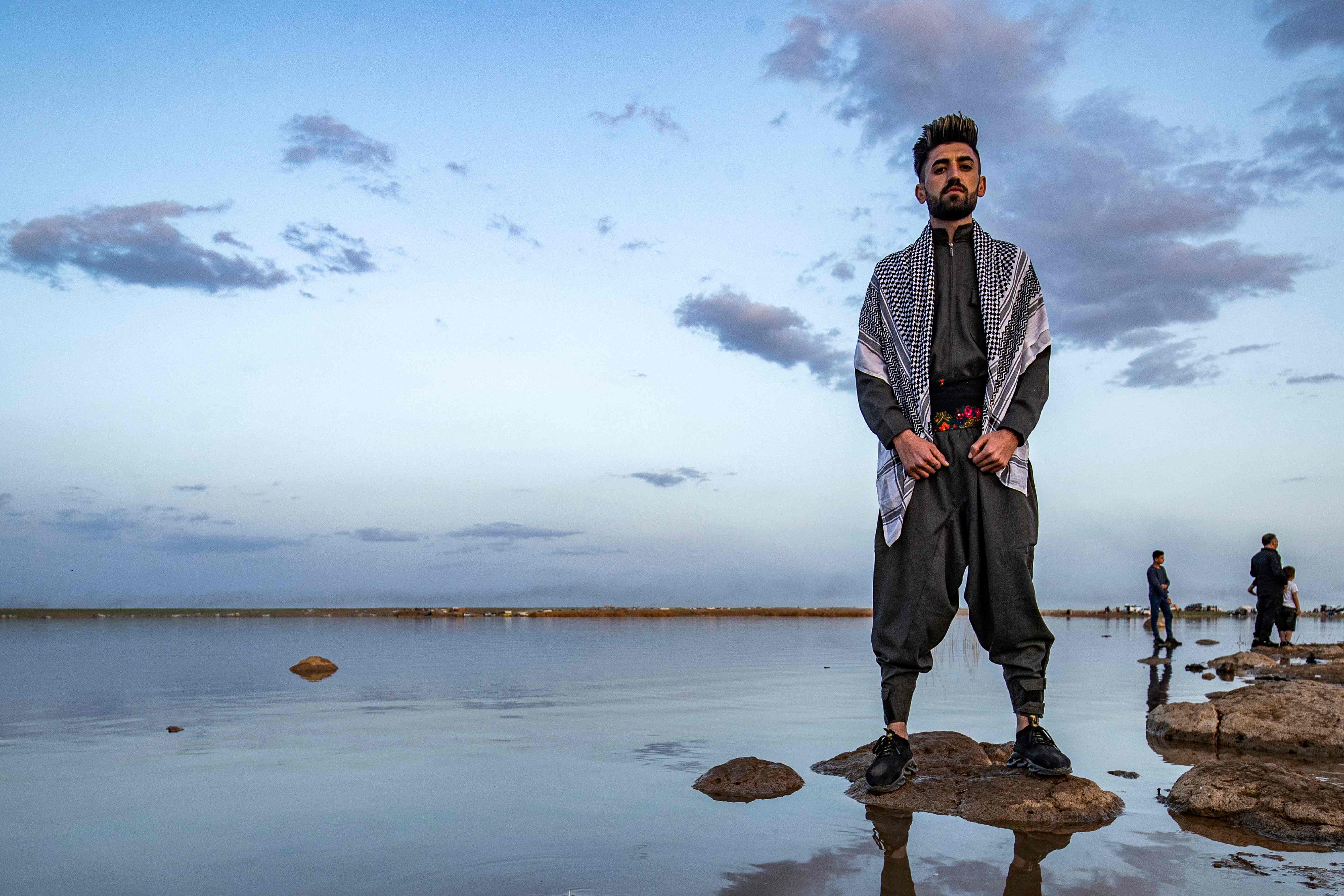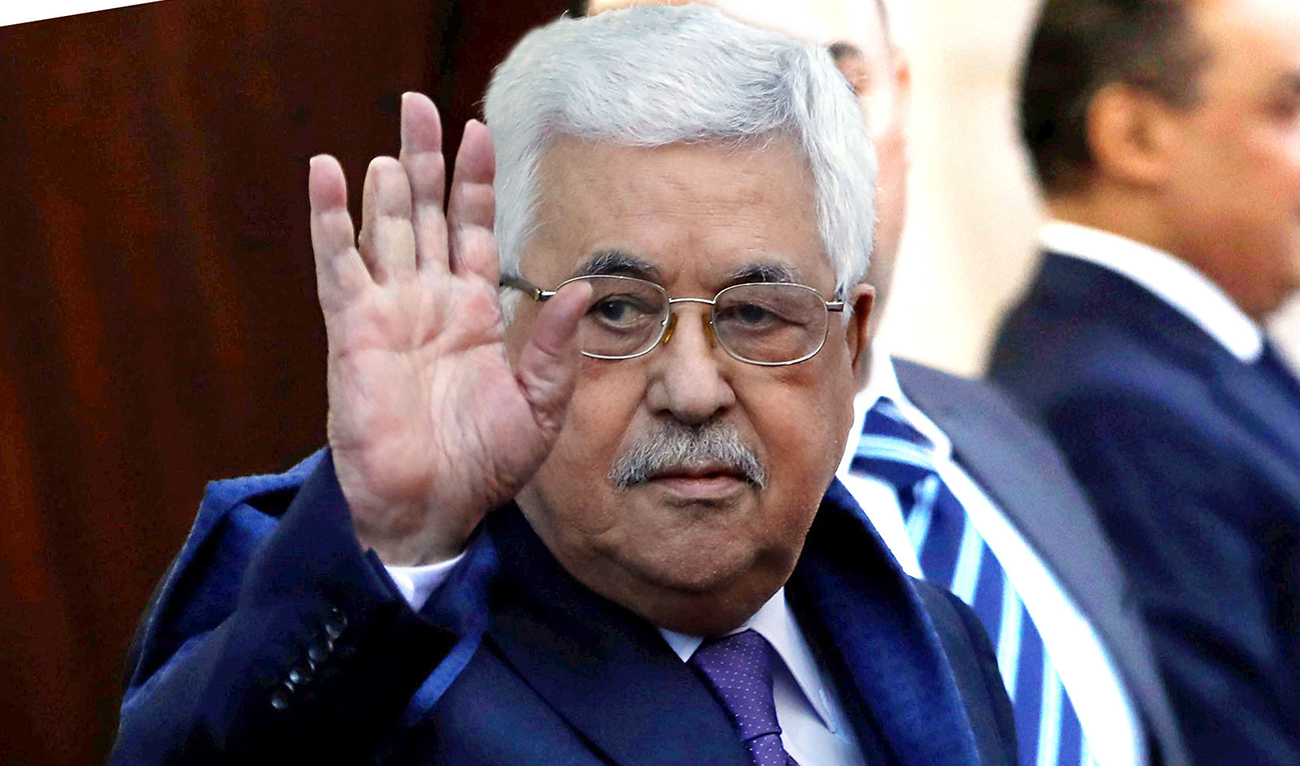UN experts demand ‘credible’ probe into murder of Hezbollah critic
LONDON: UN human rights experts have called on Lebanon’s government to “ensure a credible and effective investigation” into the assassination prominent intellectual and Hezbollah critic Luqman Slim.
“More than a month after Mr. Slim’s murder, the investigatory steps taken at national level have led to no meaningful result, raising concerns as to the effectiveness of the current investigation,” said the three special rapporteurs from the UN’s Human Rights Council.
“The government should urgently implement measures to guarantee the independence and the impartiality of the investigation, and ensure that those responsible are identified and held accountable.”
Slim was an outspoken critic of Iran-backed Hezbollah, and many have speculated that the group was behind his murder.
Slim, 58, was shot six times, three times in the head, in his car on Feb. 4. He was found in an area of southern Lebanon said to be under Hezbollah’s control.
Prior to his death, he said should he be killed, “everybody would know who would be behind it.”
The experts, who specialize in extrajudicial killings, judicial independence and free expression, said: “The killing of Mr. Slim appears to be linked to his civic engagement and to be emblematic of the regression of Lebanon civic space, in the context of a reported surge of arrests, intimidations, threats and violence against human rights defenders, journalists and activists.”
They added: “We are deeply concerned that the murder of Mr. Slim in the event of a lack of accountability may have a profound chilling effect on freedom of expression in Lebanon.”
The UN said Slim was reportedly probing how and why the huge supply of ammonium nitrate that exploded in Beirut’s port last year, killing over 200 people and injuring thousands, was in the country.
“Any alleged relation between the explosion and Mr. Slim’s assassination should be fully investigated,” the experts said.
At the time, US Ambassador to Lebanon Dorothy Shea condemned the killing, saying: “We are saddened to have lost a great person through such an unacceptable barbaric act that we will never forget.”
She emphasized “the need to know who committed this heinous crime,” and vowed to “continue supporting the institutions Slim had established.”

Protests follow murder of Lebanese anti-Hezbollah activist Luqman SlimProtests follow murder of Lebanese anti-Hezbollah activist Luqman Slim



